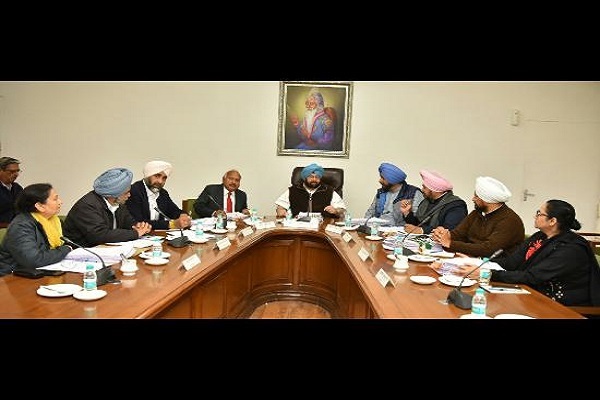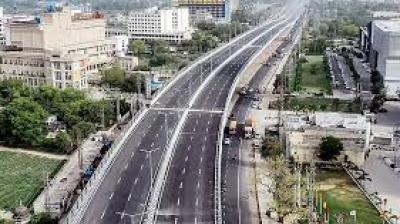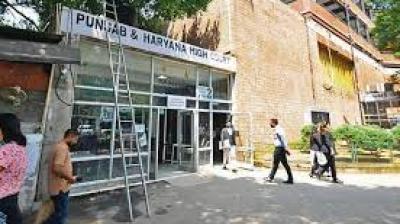
Chandigarh: The bill for regularisation of unauthorised colonies, plots and
buildings is all set to be presented in the upcoming budget session of
the Vidhan Sabha, following the go-ahead by the Punjab Cabinet here
today, an official spokesperson said.
The Punjab Laws (Special
Provisions for regularisation authorised colony) Bill, 2018 seeks to
provide basic civic amenities like water supply, sewerage, electricity
and road connectivity to people living in the unauthorised colonies.

It
will also pave the way for the formulation of a comprehensive policy
for regularisation of these colonies and plots or buildings across the
state, the spokesperson disclosed after a Cabinet meeting, chaired by
Chief Minister Amarinder Singh.
There are at present around 7,000
illegal colonies, of which 5,000 were located outside the MC limits,
disclosed the spokesperson, adding that no registration of the illegal
colonies would be allowed.
Besides providing basic amenities to
the residents of these colonies, the move was aimed at bringing all the
unplanned areas into the planning framework, the spokesperson said.
It
would give an opportunity to those colonisers or residents who had
failed to apply for either getting their unauthorised colonies
regularised or bringing unauthorised plots or buildings falling in the
authorised colonies compounded under previous policies.

Highlighting
the key features of this policy, the spokesperson said unauthorised
colonies developed before March 19, 2018 shall be regularised, with
regularisation charges earlier paid under the previous policies to be
adjusted.
Liberal charges have been fixed for regularisation of
colonies, and charges received from the regularisation of a particular
colony shall be used for providing basic infrastructure to that colony
only.
Payment of charges shall be in installments within a period of one year, the spokesperson added.
Committees
of officers shall be constituted to regularise the colonies and plots,
and any developer applying for regularisation of his colony shall have a
Residents Welfare Association (RWA) in place.
The RWA can also
submit an application for regularisation of the colony to the concerned
authority under the provisions of the bill.
Further, to
streamline the regularisation process, unauthorised colonies have been
categorised as per the built-up area (up to 25 per cent, 25 per cent to
50 per cent, more than 50 per cent area), with a special provision for
exceptional colony having more than 75 per cent built-up area.
PTI














